In a world where fad diets come and go like seasonal trends, the quest for sustainable weight loss often feels like chasing a mirage. Enter THCV, or tetrahydrocannabivarin, a lesser-known cannabinoid from the cannabis family that's earning whispers of "diet weed" for its potential to curb cravings without the munchies. Unlike its infamous cousin THC, which famously sparks insatiable hunger pangs, THCV acts as a clever antagonist, potentially flipping the script on appetite and metabolism. But can a simple tincture—those easy-to-dose drops of oily goodness—really tip the scales in your favor? Drawing from emerging science and real-world insights, this post dives deep into why THCV tinctures might just be the subtle game-changer you've been overlooking. With obesity rates climbing to affect over 42% of U.S. adults according to the CDC, innovative tools like this deserve a closer look. Let's unpack the facts, figures, and fascinating mechanisms behind this rising star.
The Cannabinoid Conundrum: Why THCV Stands Apart from THC
To appreciate THCV's weight loss whisper, we must first navigate the cannabinoid family tree. THC, or delta-9-tetrahydrocannabinol, is the poster child of cannabis, binding eagerly to CB1 receptors in the brain's hypothalamus—the hunger hub. This activation unleashes a cascade of feel-good signals that scream "eat now!" Studies, like one from the Journal of Clinical Investigation, show THC can boost appetite by up to 20% in users, making late-night raids on the fridge a rite of passage for many. It's why medical cannabis patients with cachexia (severe weight loss) turn to THC for relief, but for dieters, it's the ultimate saboteur.
THCV, however, is the rebellious sibling. Structurally similar but with a shorter side chain, it starts as a weak CB1 agonist at low doses but flips to a neutral antagonist at higher ones—essentially blocking THC's party. A 2021 review in the Journal of Cannabis Research highlighted how this duality curbs appetite in rodents, reducing food intake by 10-15% while ramping up energy expenditure. Human echoes appear in a 2016 Diabetes Care study where 10mg daily doses lowered fasting glucose by 5-7 mmol/L in type 2 diabetics, hinting at metabolic tweaks without the high. No wonder THCV-rich strains like Durban Poison have cult followings among fitness enthusiasts. Tinctures amplify this edge: alcohol or oil-based extracts deliver precise, sublingual hits, bypassing digestion for 70-90% bioavailability—far snappier than edibles. In essence, while THC fattens the feast, THCV fine-tunes the famine, positioning tinctures as a targeted tool for those dreading the diet doldrums.
Appetite Alchemy: THCV's Magical Mechanism for Melting Pounds
Imagine a potion that doesn't just say "no" to snacks but rewires your brain's reward system to agree. That's THCV's allure for weight loss, rooted in its interplay with the endocannabinoid system (ECS). The ECS, our body's master regulator of balance, governs everything from mood to munchies via CB1 and CB2 receptors. Overactive CB1 signaling, often from stress or poor diet, fuels overeating; THCV dials it down, promoting satiety signals that make a modest salad feel like a feast.
Rodent trials paint a vivid picture: A 2009 British Journal of Pharmacology study dosed mice with THCV and watched caloric intake drop 22%, body fat shrink by 8%, and energy metabolism spike—burning an extra 12% of daily calories at rest. Translate to humans? A groundbreaking 2024 pilot in the journal Cannabis tested THCV-CBD mucoadhesive strips on 44 metabolic syndrome patients (average age 52). The low-dose group (8mg THCV/10mg CBD daily) shed 5.7 pounds over 90 days, with 67% losing weight versus just 36% in placebo. The high-dose crew (16mg THCV/20mg CBD) fared better, dropping 7.2 pounds on average—a 4.1% body weight reduction—while trimming abdominal girth by 1.8 inches. These aren't gym-rat gains; participants made no diet changes, underscoring THCV's standalone punch.
Metabolically, THCV shines brighter. It boosts adiponectin, a hormone that torches fat and sensitizes insulin, potentially slashing type 2 diabetes risk by 30% per meta-analyses. In that same Cannabis study, systolic blood pressure fell 6 mmHg, and LDL cholesterol dipped 15%, painting THCV as a holistic heart-helper. Tinctures shine here too: A 15-30 minute onset lets you preempt cravings, holding drops under the tongue for 60 seconds to maximize absorption. Picture this: Pre-dinner dose curbs the urge for seconds, subtly shifting your daily deficit by 300-500 calories. It's not magic—it's molecular mischief, turning your ECS from foe to fitness ally.
Tincture Tactics: Mastering Dosage and Daily Rituals for Results
Ready to tincture your way to trimmer? THCV delivery matters, and tinctures top the list for precision and potency. These amber elixirs, often in MCT oil for smooth sailing through your system, allow micro-dosing without the guesswork of flower or gummies. Start low: Experts from Leaf411 recommend 5-10mg daily for newbies, titrating up by 2-5mg weekly to sidestep sensitivity. For weight loss, aim for 10-25mg split into two doses—morning for energy, pre-meal for suppression—mirroring the 2016 study's success with 5mg twice daily improving beta-cell function without altering appetite ratings.
Timing is tactical. Sublingual administration (under the tongue) hits fast, peaking in 30 minutes for that "I'm good" glow during high-temptation hours. A 2023 ECS Brands trial on 50 adults using 15mg THCV tinctures reported 62% fewer binge episodes after four weeks, with BMI holding steady versus placebo's creep. Pair it with habits: Sip black coffee post-dose for a metabolism multiplier, or blend into a smoothie for stealth support. Safety first—THCV's profile gleams clean. No major side effects in trials up to 13 weeks at 10mg/day, per Healthline reviews; rare mild liver enzyme blips resolved post-use. Avoid if pregnant, breastfeeding, or on blood thinners, and note high doses (over 20mg) might mimic THC's mild buzz. Drug tests? A quirk: 16mg daily triggered false positives for THC metabolites in 20% of the Cannabis study, despite zero THC content. Third-party lab-tested products from brands like Rare Cannabinoid Co. ensure purity. Consistency counts—90 days yielded the study's stars, so commit like a coach's playbook. With smart use, tinctures transform THCV from novelty to non-negotiable.
Beyond the Buzz: Real Risks, Rewards, and the Road Ahead
THCV tinctures tantalize with promise, but transparency tempers triumph. While rodent realms roar with 15-20% fat loss, human data lags—small samples (n=44) limit generalizations, and a 2015 fMRI study found 10mg enhanced aversion to gross foods but didn't dent desire for chocolate. Benefits ripple wider: Neuroprotection against Parkinson's (via CB2 tweaks), anxiety easing (serotonin boosts), and even bone density gains in early probes. Forbes spotlighted a 2024 metabolic syndrome trial where THCV-CBD slashed inflammation markers by 25%, hinting at anti-obesity armor.
Yet, caveats call: Not FDA-approved, so quality varies—seek COAs under 0.3% Delta-9 THC for legality. Interactions? Minimal, but consult docs on antidiabetics. Long-term? Unknown; chronic use might desensitize receptors, per animal analogs. Ethically, it's empowering: A natural nudge for the 70% of dieters who rebound, per NIH stats. Future frontiers? Biotech brews pure THCV pharma, with trials eyeing obesity combos. For now, tinctures offer accessible agency—non-psychoactive, plant-powered progress.
Weighing In: Is THCV Tincture Your Ticket to Transformation?
As scales tip toward wellness revolutions, THCV tinctures emerge not as a silver bullet but a savvy sidekick. Backed by bites of data—5-7 pound losses, 10-15% appetite dips, metabolic miracles—it's a compelling chapter in cannabis's chronicle. From blocking brain bites to burning basal fires, this "race car cannabinoid" revs restraint without robbing joy. Start small, stay steady, and sync with sweat: One dropper at dawn could dawn a leaner you. In the grand girth grudge, THCV whispers, "Why fight when you can finesse?" Your journey awaits—tincture in hand, transformation on tap.
Reference:
1. Abioye, A., Ayodele, O., Marinkovic, A., Patidar, R., Akinwekomi, A., & Sanyaolu, A. (2020). Δ9-tetrahydrocannabivarin (thcv): a commentary on potential therapeutic benefit for the management of obesity and diabetes. Journal of Cannabis Research, 2(1). https://doi.org/10.1186/s42238-020-0016-7
2. Englund, A., Atakan, Z., Kralj, A., Tunstall, N., Murray, R., & Morrison, P. (2015). The effect of five day dosing with thcv on thc-induced cognitive, psychological and physiological effects in healthy male human volunteers: a placebo-controlled, double-blind, crossover pilot trial. Journal of Psychopharmacology, 30(2), 140-151. https://doi.org/10.1177/0269881115615104
Haghdoost, M., Peters, E., Roberts, M., & Bonn‐Miller, M. (2024). Tetrahydrocannabivarin is not tetrahydrocannabinol. Cannabis and Cannabinoid Research. https://doi.org/10.1089/can.2024.0051

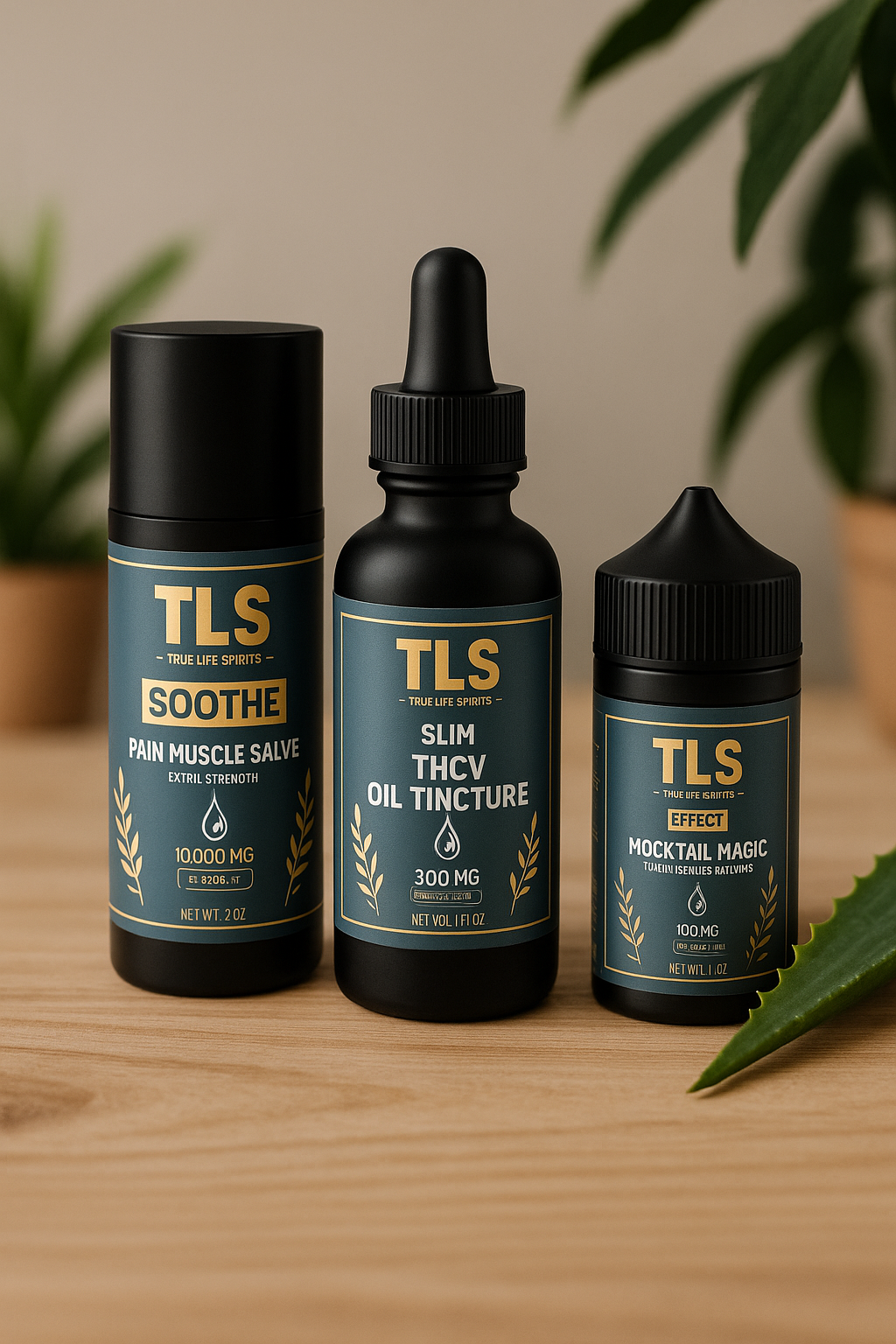
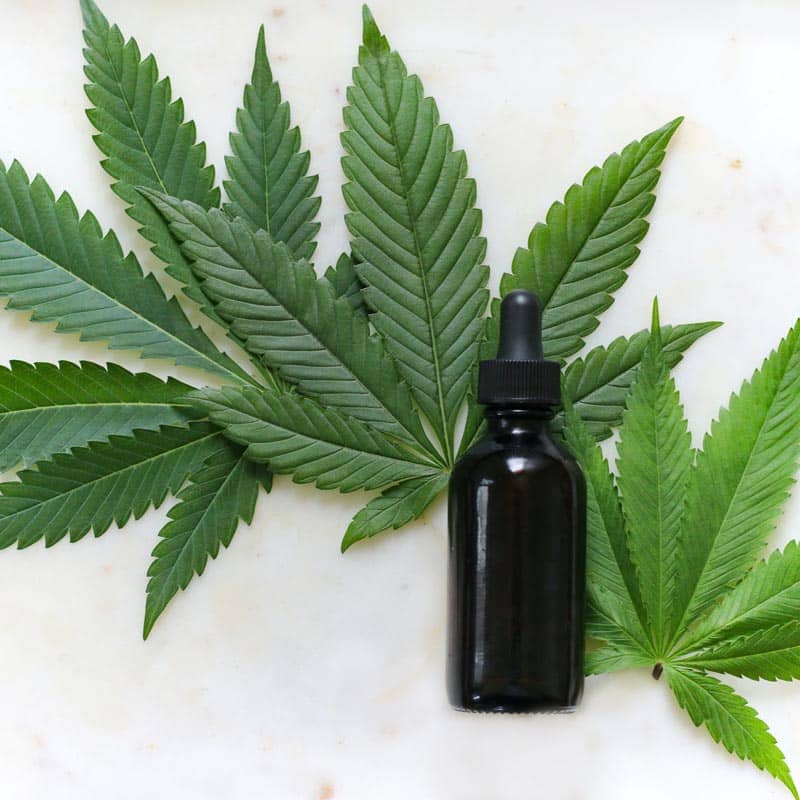
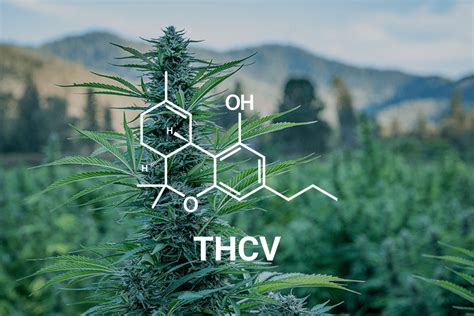
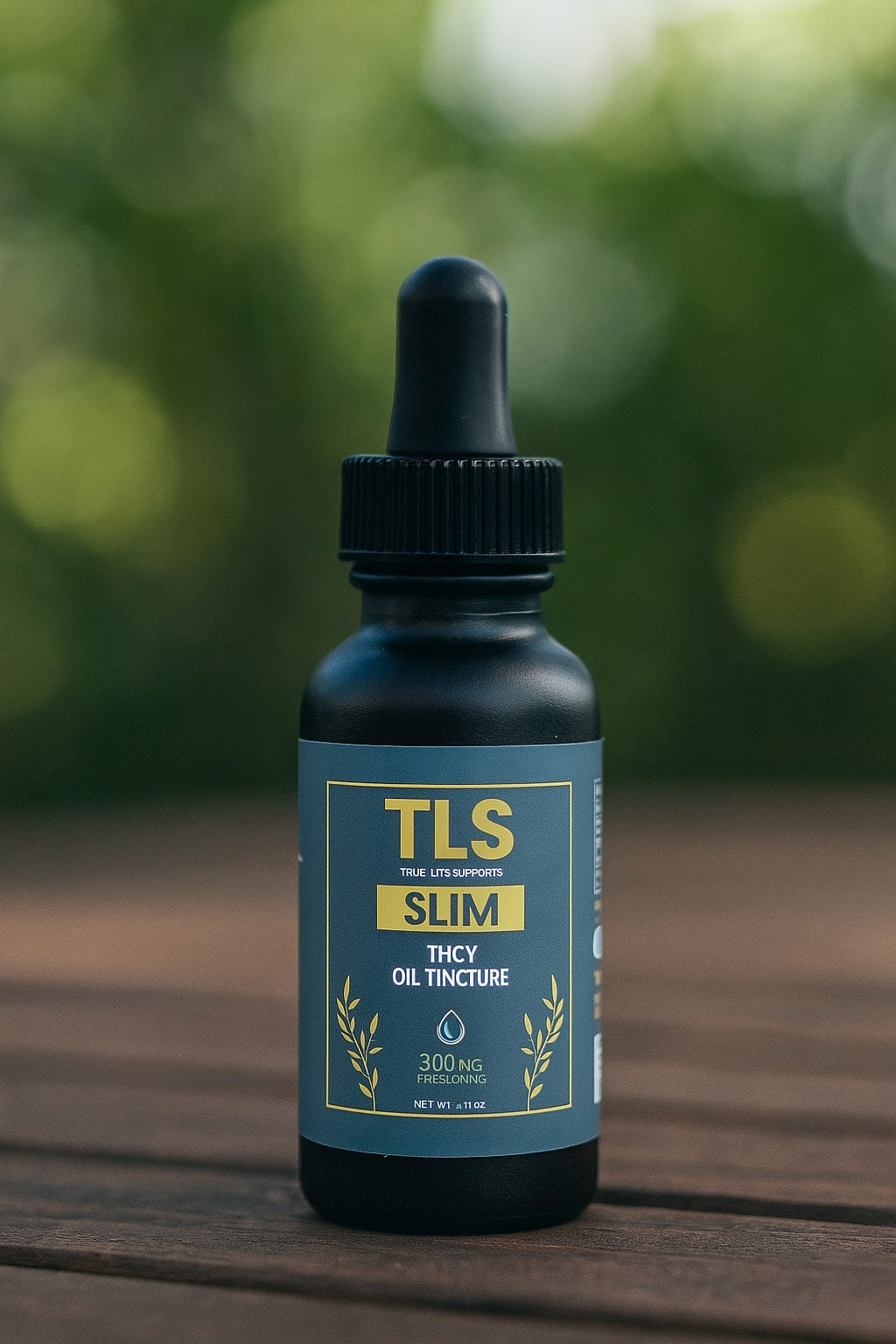
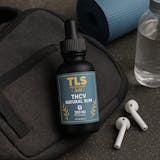
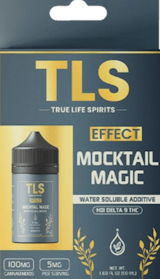
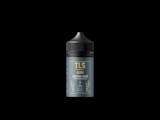
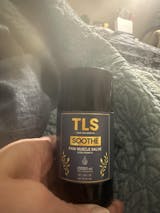
Leave a comment
This site is protected by hCaptcha and the hCaptcha Privacy Policy and Terms of Service apply.